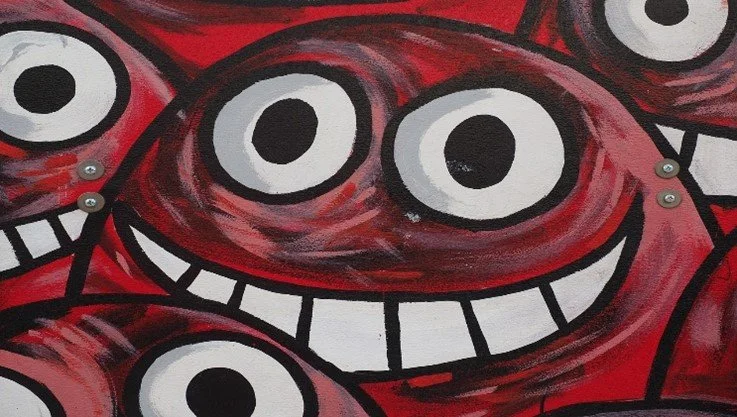The Monster Spending Season Is Beginning
Throughout the year, I have blogged about spending and misspending. About being wise about where your money goes and not to let your credit cards run away with you. This is the season to create a Gifting Budget. To make a list—with names to give to and the what you would like to give. To keep your eyes peeled but special buys.
As this month unfolds, the biggest Spending Season of all rolls out. I know, I know, the reality is that it seems we are always in one kind of spending season or another! Birthdays, Back to School. Kids out growing their shoes. But the Holidays … it’s the spending monster time.
Soon, Amazon will bubble up it’s Prime Days … Use them. I’ve found items with deep discounts during this time that bubble up when I put the type of product in Amazon’s search box and waited to see what popped up. You did know that Amazon is the #3 search engine, behind Google as #1 and YouTube as #2.
During Amazon’s Prime days—remember Black Friday—which sometimes starts the Monday before for bargain hunters … and Cyber Monday for digital and electronic stuff. You may be able to score an amazing deal.
I was the oldest of four children—two girls and two boys. Our mother made my sister's and my clothes and her own clothes as well. But those, then, were the days of stay-at-home moms. In many families, it was assumed that mothers were seamstresses and masters at everyday clothes and the coveted Halloween custom. A coveted possession was a Singer sewing machine.
Today’s moms aren’t. Many hold down full-time jobs, are the driver of the car pool … and buy most clothes commercially. The arts and crafts and DIY markets are alive and well … just not for making every day clothes.
What this all means is that times will continue to evolve and change. Where in the past, many items were “homemade” … and certainly Christmas time, Mother’s and Father’s days brought out items from kids—most will gift others through shopping. Online and In-person.
Which means you really must plan ahead! This is the season to create a Gifting Budget. To make a list. Check it twice … and promise yourself you will stick to it.
Patricia Lane Williams is a retired CPA and has worked with thousands of men and women sounding the warnings. She is the author of the Amazon bestseller, Money: Get It. Save It. Grow It … Before Debt Steals It. It’s her first book in the Four Corners Prosperity series. Her website is www.PatWilliamsAuthor.com.
















